Snoring, Wheezing & Reverse Sneezing in Pets: When Should You Be Concerned?
A sudden snort, a wheezing breath, or a nighttime snore—these sounds might catch your attention and raise an important question: Is my pet okay? While many respiratory noises in dogs and cats are harmless, some may point to underlying health conditions that need immediate attention.
At Sonoran Sky Pet Hospital, we know how confusing it can be to interpret strange respiratory sounds. This guide will help you distinguish between normal pet noises and those that may signal illness—so you can keep your companion safe, healthy, and breathing easy.
Schedule an exam with Sonoran Sky Pet Hospital
Common Respiratory Sounds in Pets and What They Mean
Coughing in Pets: Just a Tickle or a Warning Sign?
Coughing is one of the most common respiratory complaints in pets. While an occasional cough might be harmless, persistent or unusual coughing should not be ignored.
Potential Causes of Coughing:
- Kennel Cough (Canine Infectious Respiratory Disease Complex):
Highly contagious, especially in dogs visiting groomers, daycare, or boarding facilities.
More on kennel cough – AKC - Heart Disease or Congestive Heart Failure:
Coughing that worsens during rest or at night may be heart-related.
Learn more about heart-related coughing – Tufts University - Collapsed Trachea:
Especially common in small breeds like Pomeranians and Yorkies.
Details on collapsing trachea – AKC - Pneumonia or Lung Infections:
Bacterial or viral infections can lead to deep, wet-sounding coughs. - Heartworm Disease:
Causes inflammation in the lungs and coughing as the disease progresses.
Check heartworm risk in your area – CAPC
When to Contact Your Vet:
- Coughing persists more than a few days
- Your pet coughs at night or while resting
- Gagging, retching, or a honking cough is present
- Lethargy, loss of appetite, or breathing changes accompany the cough
Sneezing in Pets: Harmless or Something More?
Sneezing helps pets clear irritants from their nasal passages, but frequent or violent sneezing may point to something more serious.
Common Causes of Sneezing:
- Seasonal or Environmental Allergies (dust, pollen, smoke)
- Viral or Bacterial Infections (especially common in cats from multi-pet homes or shelters)
Feline respiratory infection info – ASPCA Pro - Dental Disease:
Infections in the upper jaw can extend into the nasal cavity. - Nasal Tumors or Polyps:
More likely in senior pets, especially if there’s nasal bleeding or facial swelling.
When to Seek Veterinary Help:
- Sneezing with thick, yellow, or green discharge
- Nosebleeds or swelling near the nose or eyes
- Sneezing combined with fever or appetite loss
Wheezing and Labored Breathing: A Serious Symptom
Wheezing is the sound of narrowed or inflamed airways. Unlike coughing or sneezing, wheezing always warrants attention.
Possible Causes of Wheezing:
- Feline Asthma:
A chronic respiratory condition that can worsen over time.
Feline asthma explained – Cornell Feline Health Center - Allergic Reactions:
Strong scents, smoke, or environmental allergens can cause wheezing. - Heartworm Disease:
Can obstruct blood flow in the lungs and lead to respiratory distress. - Bronchitis or Pneumonia:
Infections affecting the lower airways can result in wheezing, lethargy, and fever.
Call Your Vet Immediately If You Notice:
- Open-mouth breathing
- Gasping or shortness of breath
- Blue, pale, or gray gums
- Sudden collapse or extreme lethargy
What Is Reverse Sneezing—and Is It Dangerous?
Reverse sneezing is a rapid, snorting inhalation that can look and sound alarming—but in most cases, it’s harmless.
What It Sounds Like:
- Sudden snorting, gagging, or honking
- Lasts a few seconds to a minute
- Often triggered by excitement, pulling on the leash, or allergens
Possible Causes:
- Overexcitement or stress
- Environmental irritants (dust, perfumes)
- Nasal mites or post-nasal drip
- Collapsing trachea (especially in small dogs)
When to Be Concerned:
- Reverse sneezing becomes frequent or prolonged
- Your pet shows signs of labored breathing
- There is nasal discharge, coughing, or choking
Snoring in Pets: Cute or Concerning?
A snoring pet may simply be catching some well-deserved rest—but persistent or loud snoring could point to a medical issue.
Common Causes of Snoring:
- Brachycephalic Airway Syndrome (BOAS):
Affects flat-faced breeds like Bulldogs, Frenchies, and Persian cats.
More on BOAS – Cornell - Obesity:
Excess fat around the neck can narrow airways. - Nasal Polyps or Infections:
Chronic congestion can lead to snoring and other breathing problems.
Veterinary Evaluation Is Needed If:
- Snoring worsens over time or is present while awake
- Gagging, choking, or frequent coughing occurs
- Your pet struggles to breathe during sleep
Know the Signs of a Respiratory Emergency
Some respiratory symptoms in pets can indicate a life-threatening emergency.
Seek Emergency Veterinary Care If Your Pet Is:
- Panting or breathing heavily without activity
- Collapsing, gagging, or gasping for breath
- Drooling excessively, foaming at the mouth
- Displaying blue or gray gums
- Coughing up blood or having seizure-like episodes
Contact Sonoran Sky Pet Hospital immediately or go to the nearest ER if your pet shows any of these signs.
Preventing Respiratory Illness in Pets
Routine Veterinary Care
- Annual wellness exams help catch early signs of chronic respiratory issues
- Vaccinations protect against respiratory diseases like kennel cough and feline herpesvirus
- Heartworm prevention is essential in mosquito-prone areas
Learn more about Canine preventive care – AVMA & AAHA
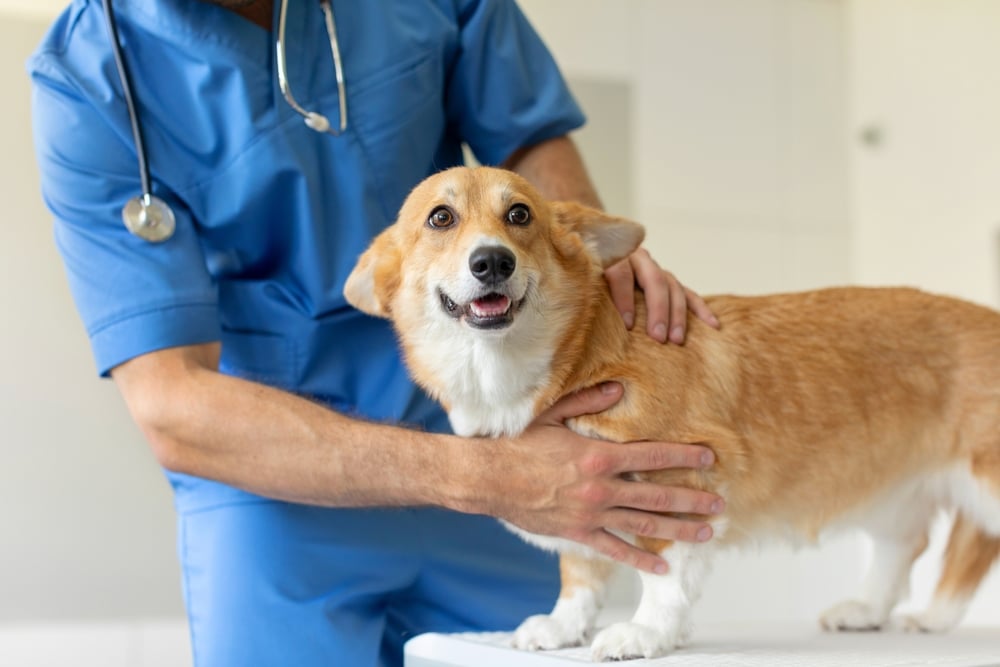
Environmental Management
- Use air purifiers to reduce allergens
- Avoid smoking indoors or using strong perfumes and sprays
- Keep your home clean and well-ventilated
More: Pet allergy tips – Purdue Vet
Trust Your Instincts—and Your Vet
Some respiratory noises are nothing to worry about—but others aren’t. When in doubt, it’s always best to schedule an exam. Early diagnosis and treatment can mean the difference between a minor irritation and a major health concern.
At Sonoran Sky Pet Hospital, we’re here to help your pet breathe easier and live better—no matter what’s causing the noise.

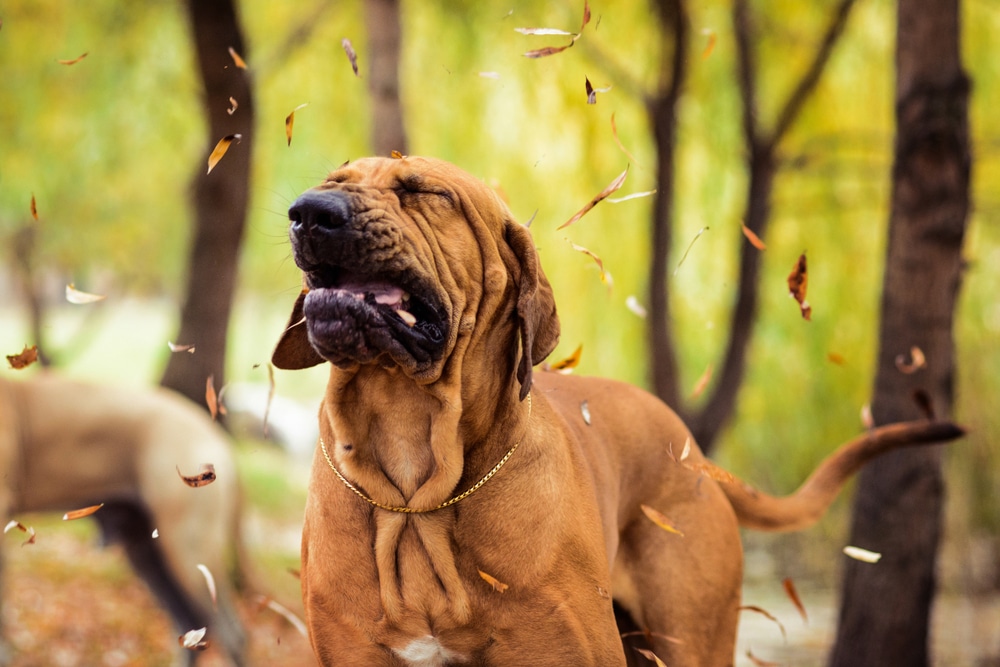
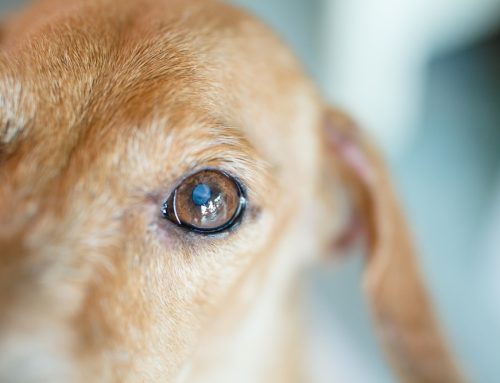
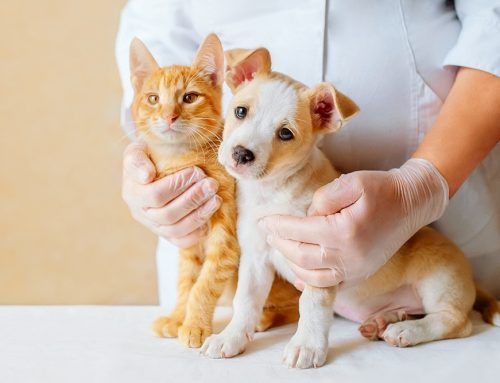
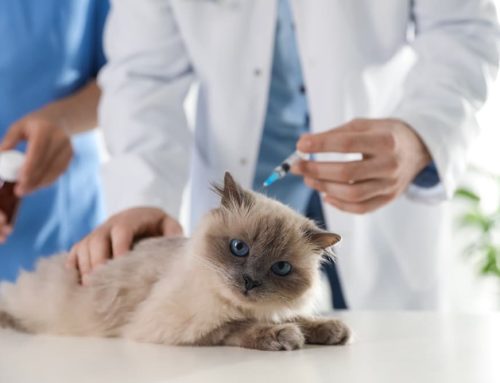
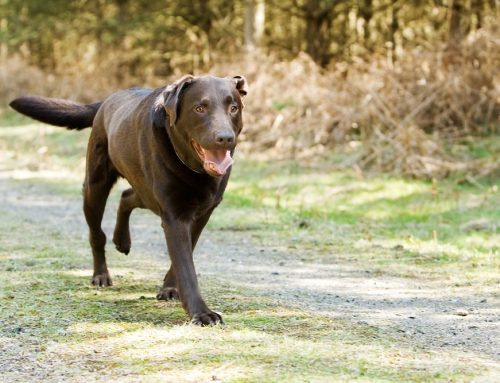


Leave A Comment